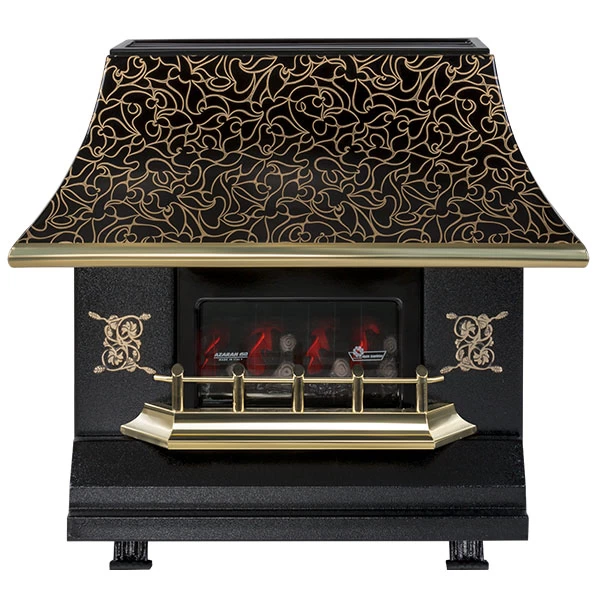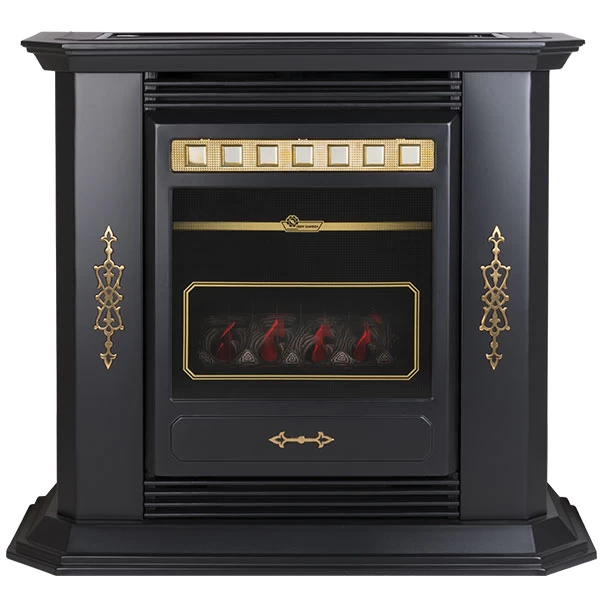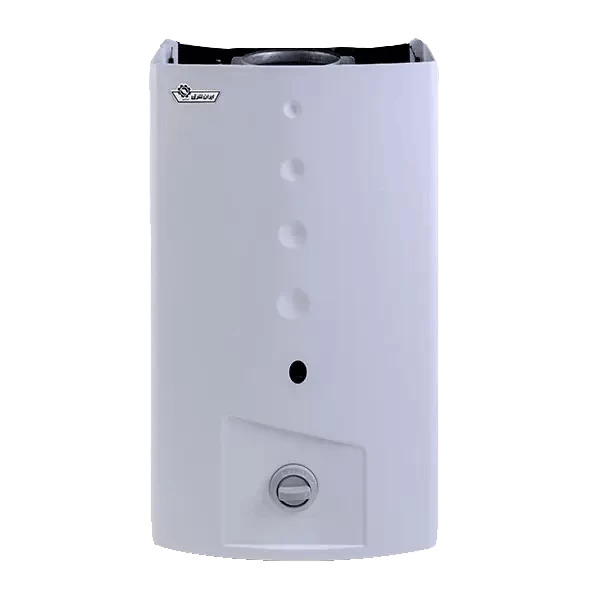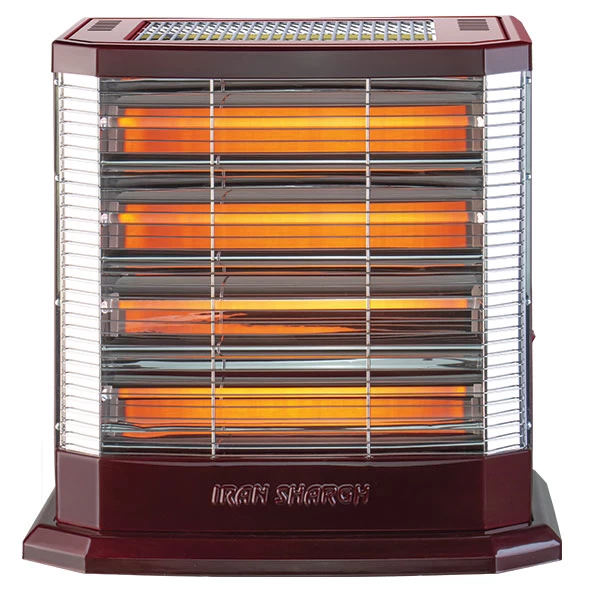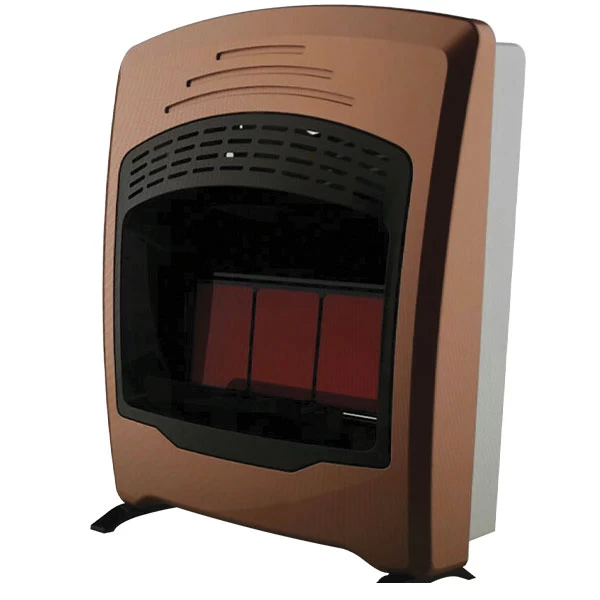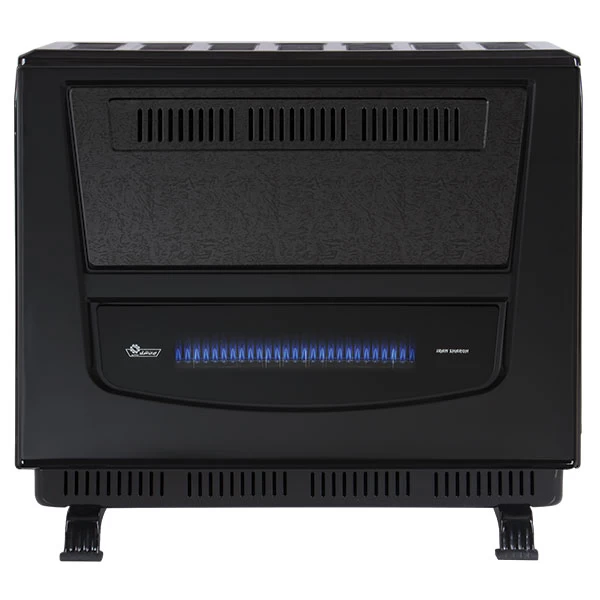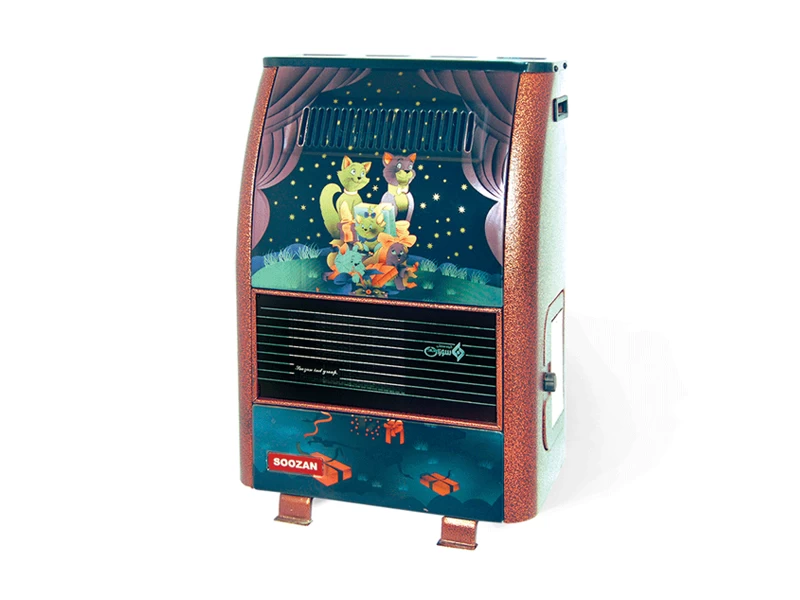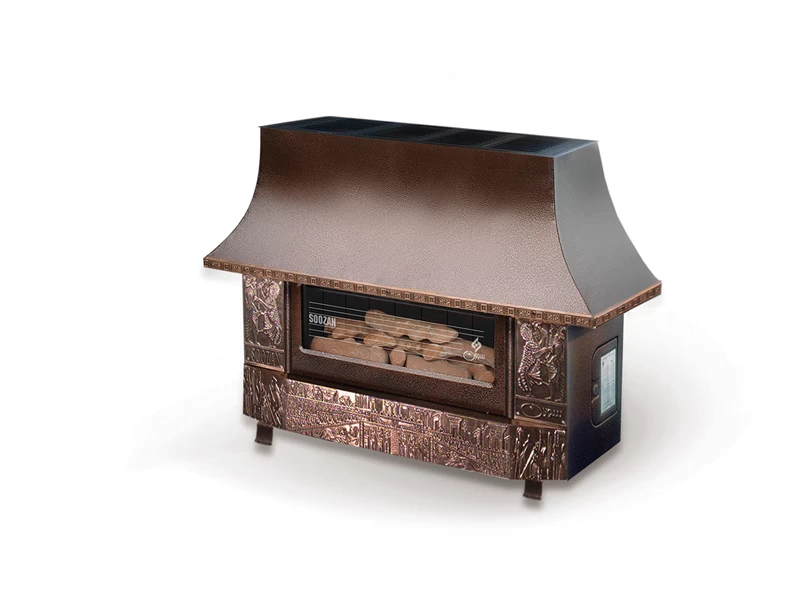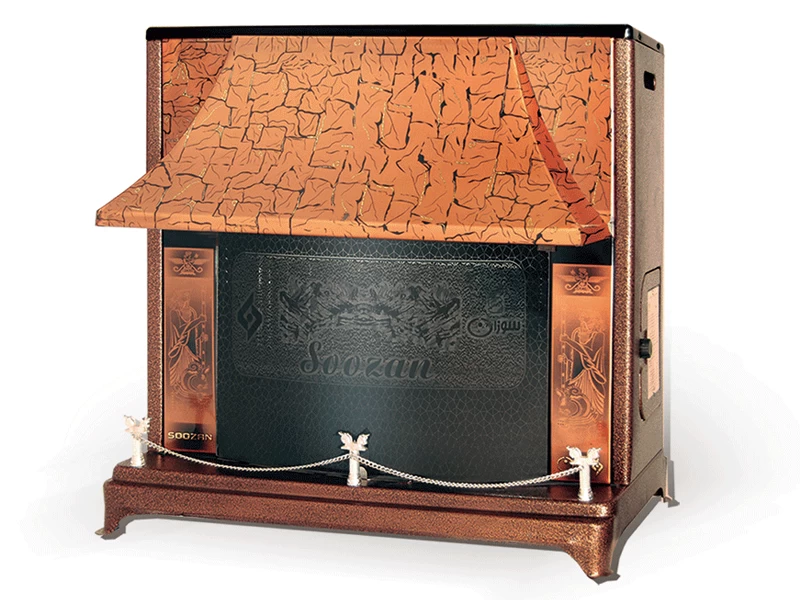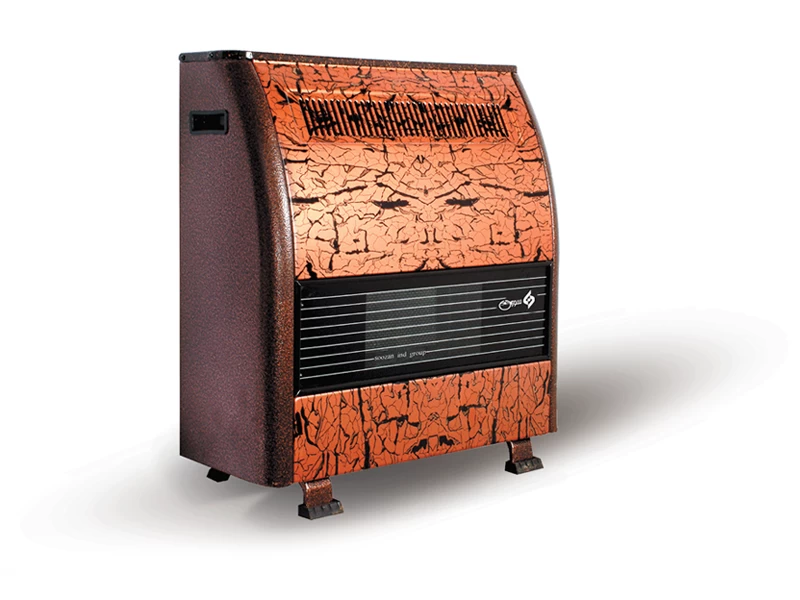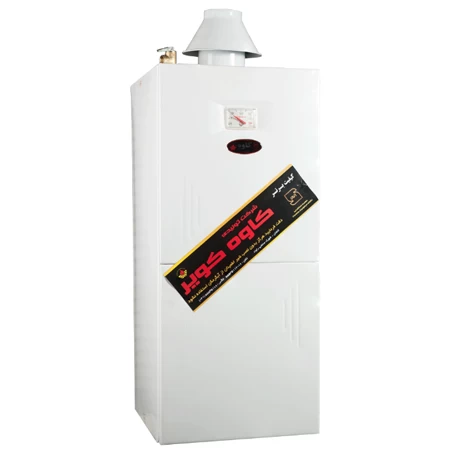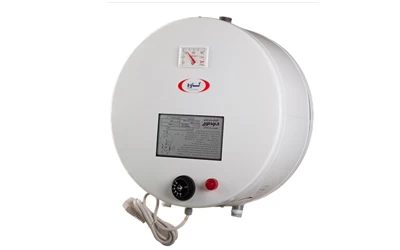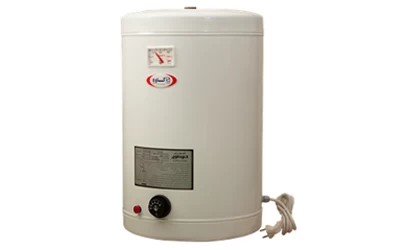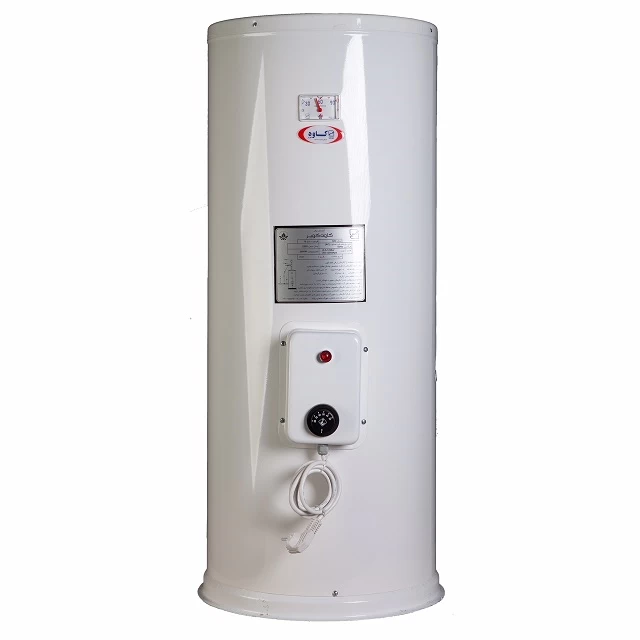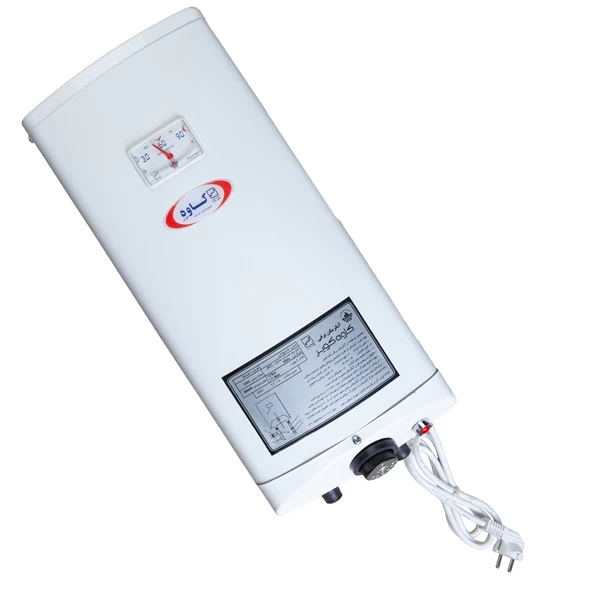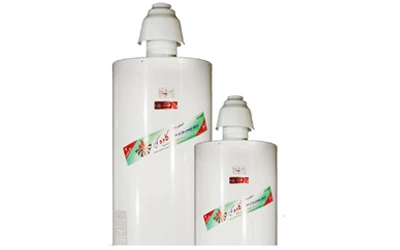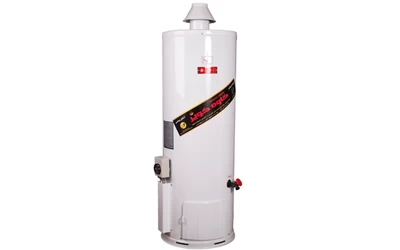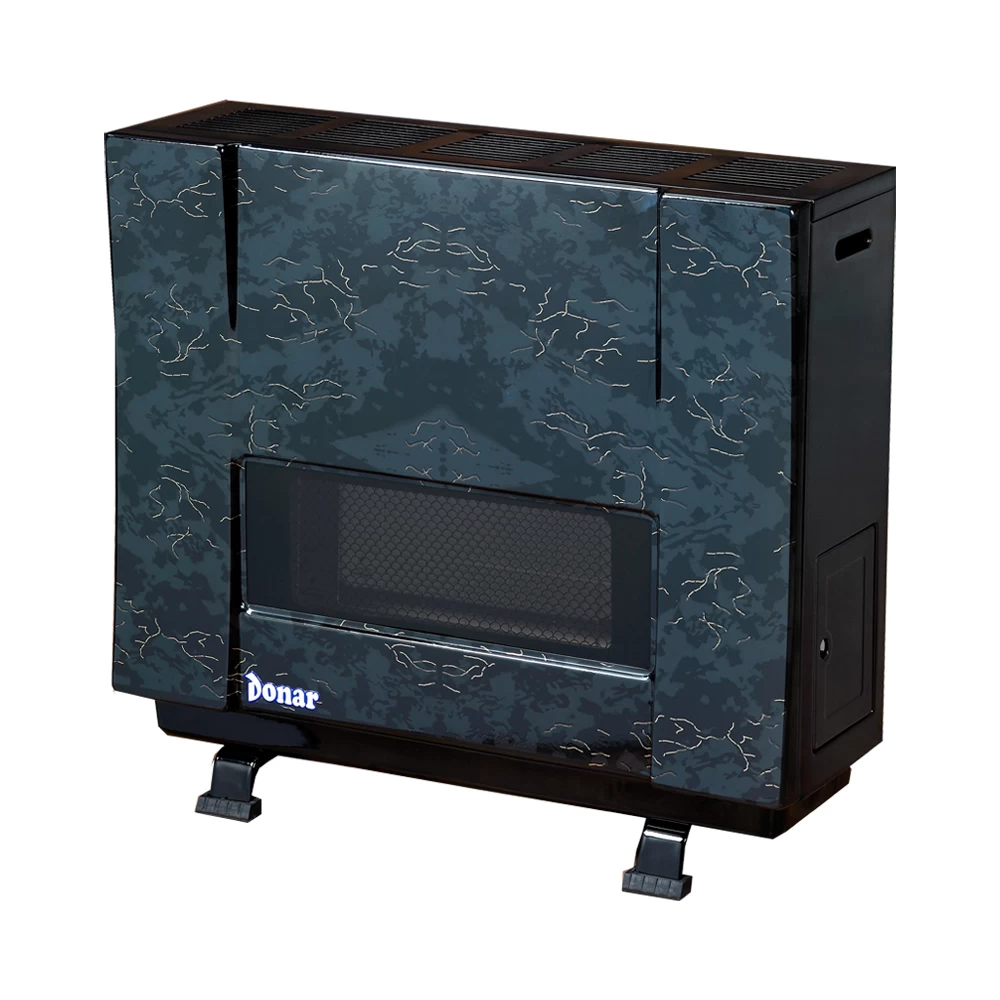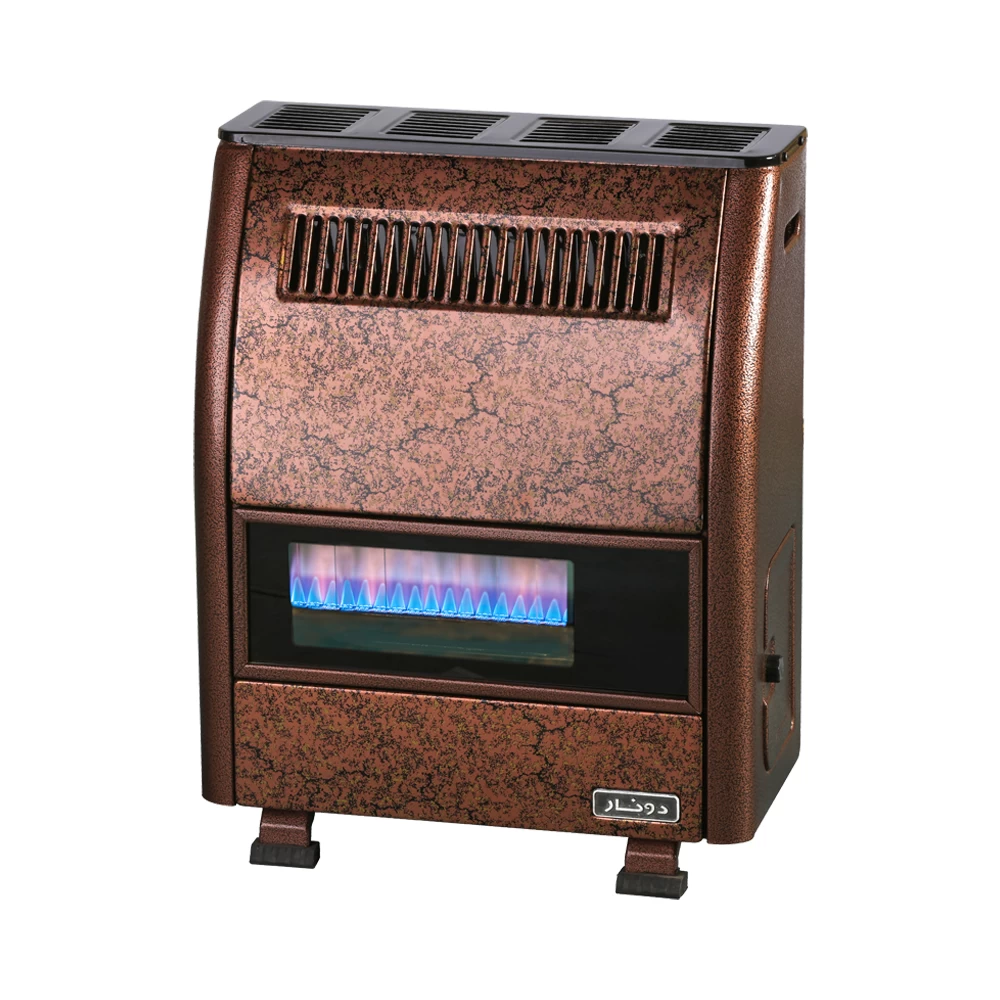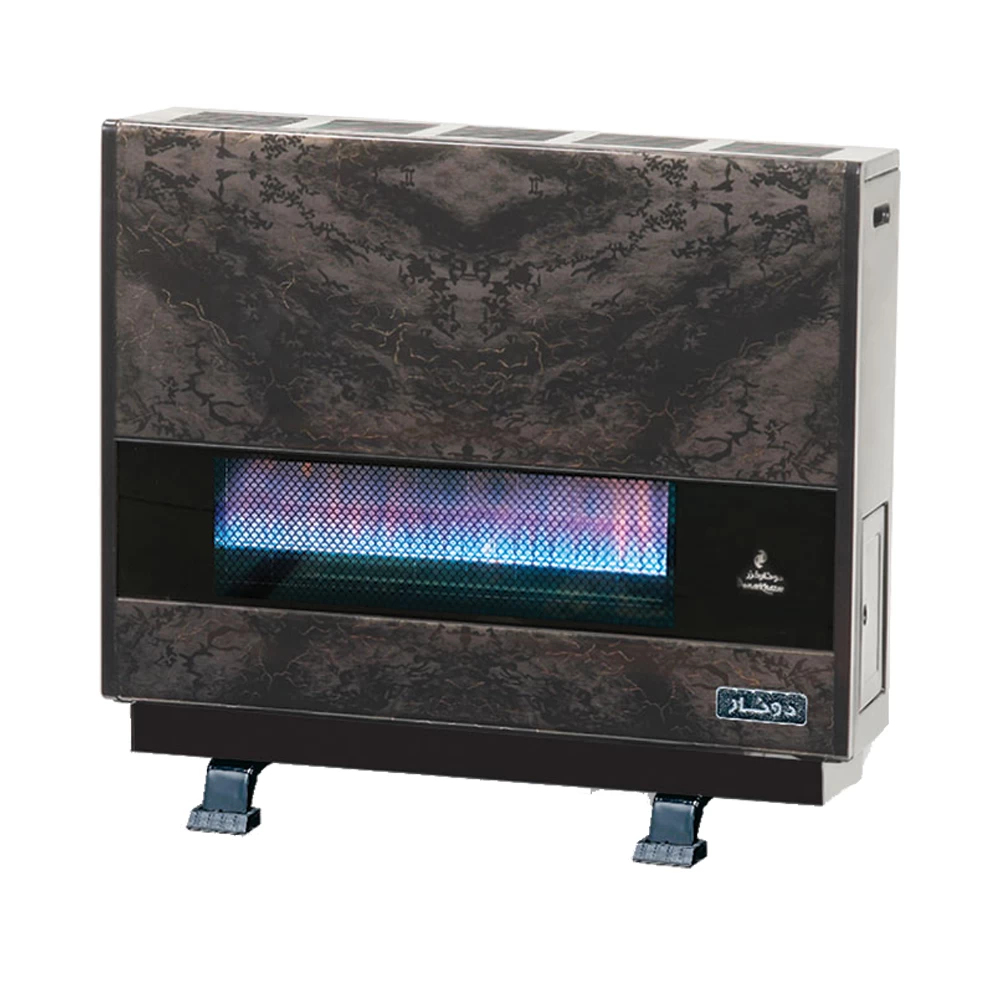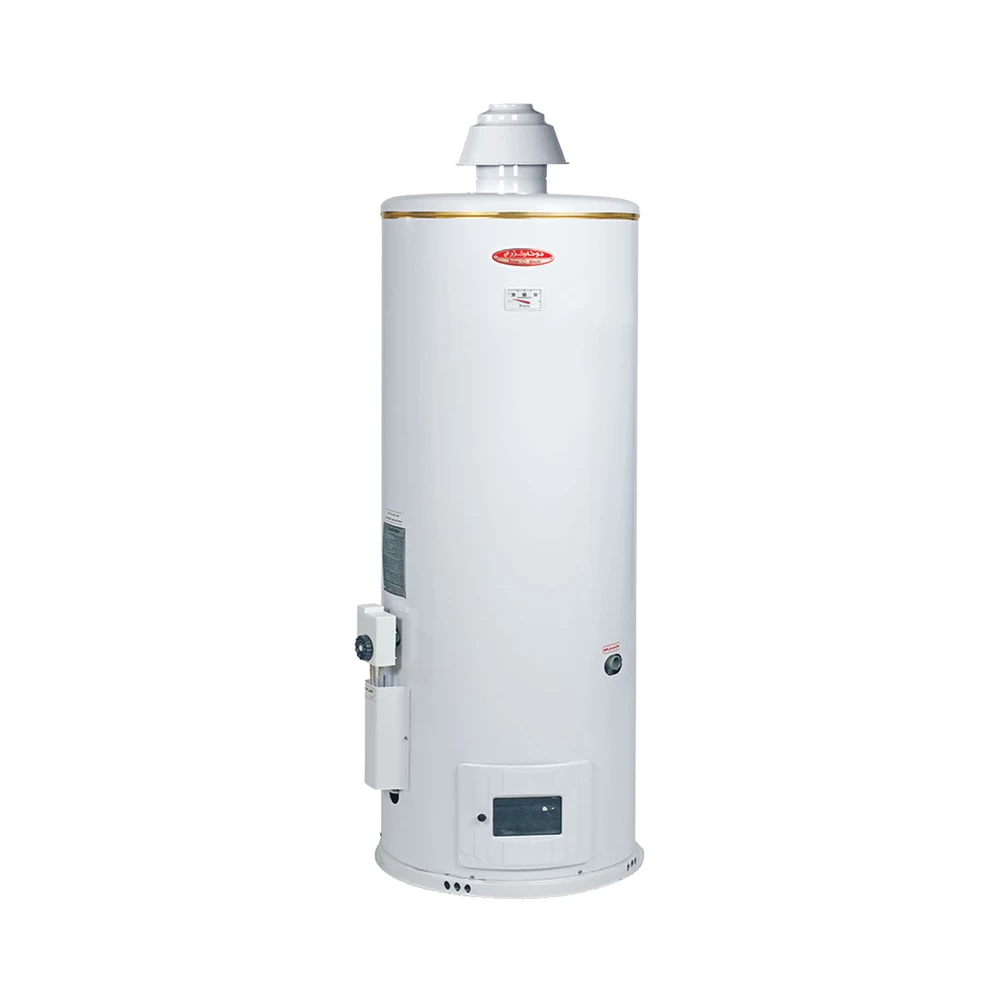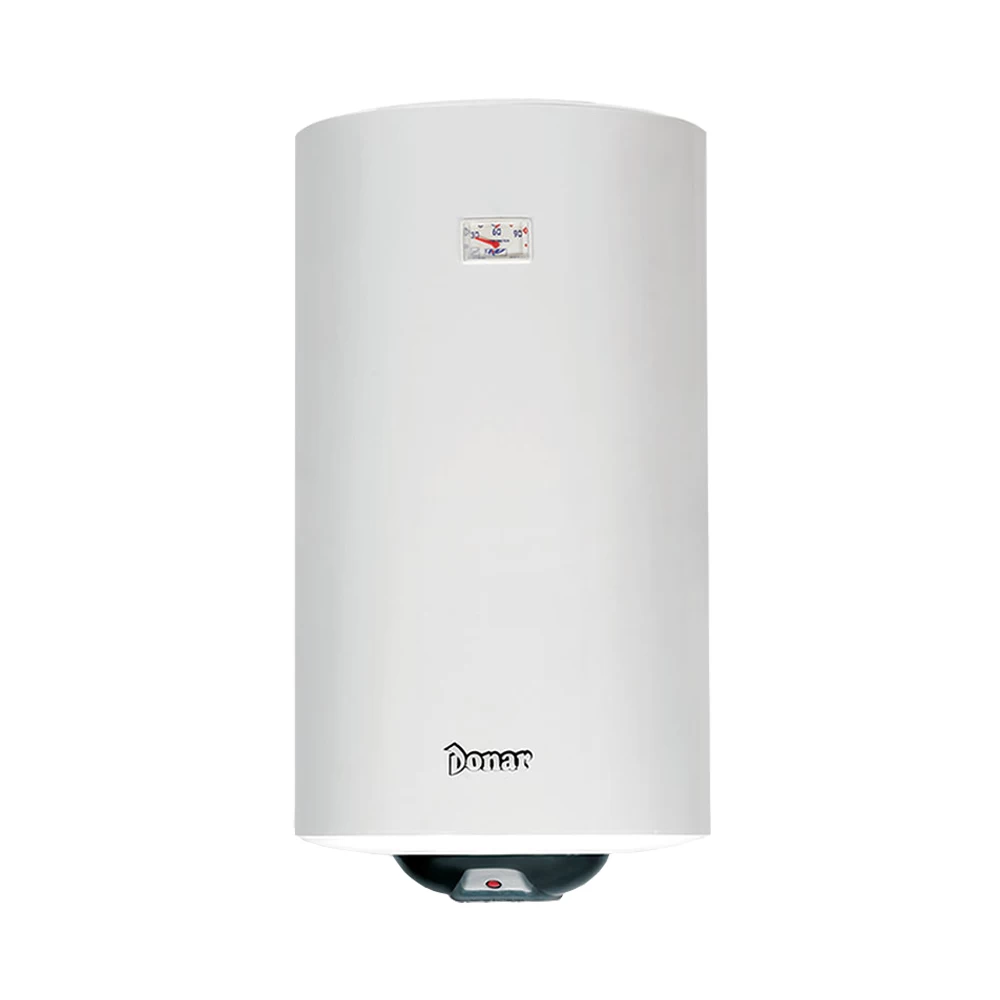Home Heaters
Home heaters are devices designed to generate heat and regulate the temperature within a confined space. Common types include central heating systems, space heaters, and electric heaters. Central heating typically utilizes a furnace or boiler to distribute heat through ducts or radiators.
Space heaters are portable and convenient for smaller areas. Electric heaters use electrical energy to produce heat, making them suitable for various spaces. It's crucial to follow safety guidelines and choose the right heater for your specific needs and space size. Regular maintenance and proper usage contribute to efficient and safe heating in homes.
A home heater is typically considered a home appliance rather than furniture. While furniture refers to movable items used to support human activities, appliances are devices designed to perform specific tasks, like heating a space in the case of a home heater. So, a home heater falls into the category of home appliances.
A home heater is categorized as a home appliance because it is a device designed to perform a specific function within the home, which is heating. Appliances are typically machines or tools that serve a particular purpose in daily tasks. Home appliances contribute to the comfort and functionality of a household, and heaters specifically play a crucial role in regulating indoor temperatures to create a comfortable living environment. Therefore, the term "home appliance" accurately describes its purpose and usage in residential settings.
Home heaters are important for several reasons:
1. Comfort: Heaters help maintain a comfortable temperature indoors, especially during cold weather. This is essential for the well-being and comfort of occupants.
2. Health: Adequate heating is crucial for health, as exposure to extreme cold can lead to various health issues, including hypothermia. A well-heated home supports overall well-being.
3. Prevention of Damage: Heating prevents damage to structures and belongings caused by extreme cold. It helps prevent issues like frozen pipes, which can lead to water damage.
4. Productivity: A comfortably heated home promotes productivity. It's easier to focus on tasks and activities in a warm environment, contributing to increased efficiency.
5. Safety:Heaters contribute to safety by preventing the formation of mold and mildew, which can thrive in cold and damp conditions. Additionally, they help reduce the risk of accidents caused by slippery surfaces in cold temperatures.

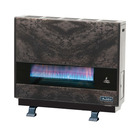
Overall, home heaters play a vital role in creating a livable and safe environment within residences.
Home heaters are used in various places to provide warmth and regulate temperatures. Some common locations include:
1. Residential Homes: Heaters are a standard feature in houses, apartments, and other residential settings to ensure a comfortable living environment.
2. Offices:Many offices and commercial spaces use heaters to maintain a comfortable working temperature for employees and visitors.
3. Hotels: In the hospitality industry, heaters are commonly provided in hotel rooms to enhance guest comfort, especially in colder climates.
4. Schools and Educational Institutions: Heaters are used in classrooms and other educational facilities to create a conducive learning environment for students and staff.
5. Hospitals and Healthcare Facilities: Maintaining a warm environment is crucial in healthcare settings to promote the well-being of patients and ensure proper functioning of medical equipment.
6. Retail Stores: Some retail establishments use heaters to create a comfortable shopping experience for customers, especially during colder seasons.
7. Warehouses and Industrial Spaces: Heaters are employed in large industrial spaces to prevent equipment damage, ensure employee comfort, and maintain optimal working conditions.
8. Recreational Spaces: Heaters can be found in recreational areas such as gyms, spas, and leisure centers to enhance the overall experience for patrons.
In essence, home heaters are utilized in a wide range of places to address the diverse heating needs of different environments.
Several products are considered home heaters, each designed for specific purposes and spaces. Some common types include:
1. Central Heating Systems: Furnaces or boilers that distribute heat throughout the entire home via ducts or radiators.
2. Space Heaters: Portable devices designed to heat specific areas or rooms. They come in various forms, including electric, propane, or oil-based heaters.
3. Electric Heaters: Compact devices that use electricity to generate heat. They can include radiant heaters, convection heaters, and ceramic heaters.
4. Fireplaces: Traditional or electric fireplaces provide both warmth and ambiance. Electric versions are often used for convenience and ease of installation.
5. Baseboard Heaters: Installed along the baseboards of a room, these electric heaters are often used as a supplementary heat source.
6. Radiant Heaters: Emit infrared radiation to directly heat objects and people, making them suitable for smaller spaces.
7. Oil-Filled Radiators: Electric heaters filled with thermal oil that heats up and radiates warmth. They are often used for consistent, long-lasting heat.
8. Wall Heaters: Mounted on walls, these heaters are space-saving and can be electric or gas-powered.
9. Underfloor Heating:A system where heating elements are installed beneath the flooring to provide consistent warmth.
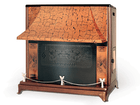

Choosing the right home heater depends on factors like the size of the space, energy efficiency, and the specific heating needs of the occupants.
While both home heaters and air conditioners are designed to regulate indoor temperatures, they operate in opposite ways to achieve their respective goals:
Home Heater:
1. Purpose: Heaters are designed to increase the temperature of a space, providing warmth in colder conditions.
2. Mechanism: Heaters generate heat, either by burning fuel (as in furnaces) or by using electricity. The heat is then distributed to raise the ambient temperature.
3. Seasonal Use: Heaters are typically used during colder seasons to maintain a comfortable indoor environment.
Air Conditioner:
1. Purpose: Air conditioners are designed to cool indoor spaces, removing heat and humidity to create a more comfortable atmosphere.
2. Mechanism: Air conditioners use a refrigeration cycle to absorb heat from the indoor air and release it outside. This process cools the air and lowers the temperature.
3. Seasonal Use: Air conditioners are primarily used during warmer seasons to combat high temperatures and improve indoor comfort.
In summary, while heaters add warmth by generating heat, air conditioners cool indoor spaces by removing heat. Both appliances contribute to creating a comfortable living environment throughout the year, addressing temperature needs based on seasonal variations.
A home heater is categorized as a home appliance because it is a device designed to perform a specific function within the home, which is heating. Appliances are typically machines or tools that serve a particular purpose in daily tasks. Home appliances contribute to the comfort and functionality of a household, and heaters specifically play a crucial role in regulating indoor temperatures to create a comfortable living environment. Therefore, the term "home appliance" accurately describes its purpose and usage in residential settings.
Home heaters are important for several reasons:


Home heaters are used in various places to provide warmth and regulate temperatures. Some common locations include:
Several products are considered home heaters, each designed for specific purposes and spaces. Some common types include:


While both home heaters and air conditioners are designed to regulate indoor temperatures, they operate in opposite ways to achieve their respective goals:
1. Purpose: Heaters are designed to increase the temperature of a space, providing warmth in colder conditions.
2. Mechanism: Heaters generate heat, either by burning fuel (as in furnaces) or by using electricity. The heat is then distributed to raise the ambient temperature.
3. Seasonal Use: Heaters are typically used during colder seasons to maintain a comfortable indoor environment.
1. Purpose: Air conditioners are designed to cool indoor spaces, removing heat and humidity to create a more comfortable atmosphere.
2. Mechanism: Air conditioners use a refrigeration cycle to absorb heat from the indoor air and release it outside. This process cools the air and lowers the temperature.
3. Seasonal Use: Air conditioners are primarily used during warmer seasons to combat high temperatures and improve indoor comfort.
FAQs
What makes the heater work at home?
Electricity, gas, or oil powers heaters to generate heat.
How important is heating the house?
Crucial for comfort, health, and preventing damage in cold climates.
How hot do house heaters get?
Temperatures vary: Electric heaters typically reach 100-150°F, while gas or oil heaters can exceed 200°F.
Which heating system is best for a house?
Depends on factors like climate, budget, and preferences. Common choices include central heating, electric heaters, or a combination.
 +7929688-88-14
+7929688-88-14

 English
English
 Persian
Persian
 Russian
Russian
 Chinese
Chinese


 +7929688-88-14
+7929688-88-14

